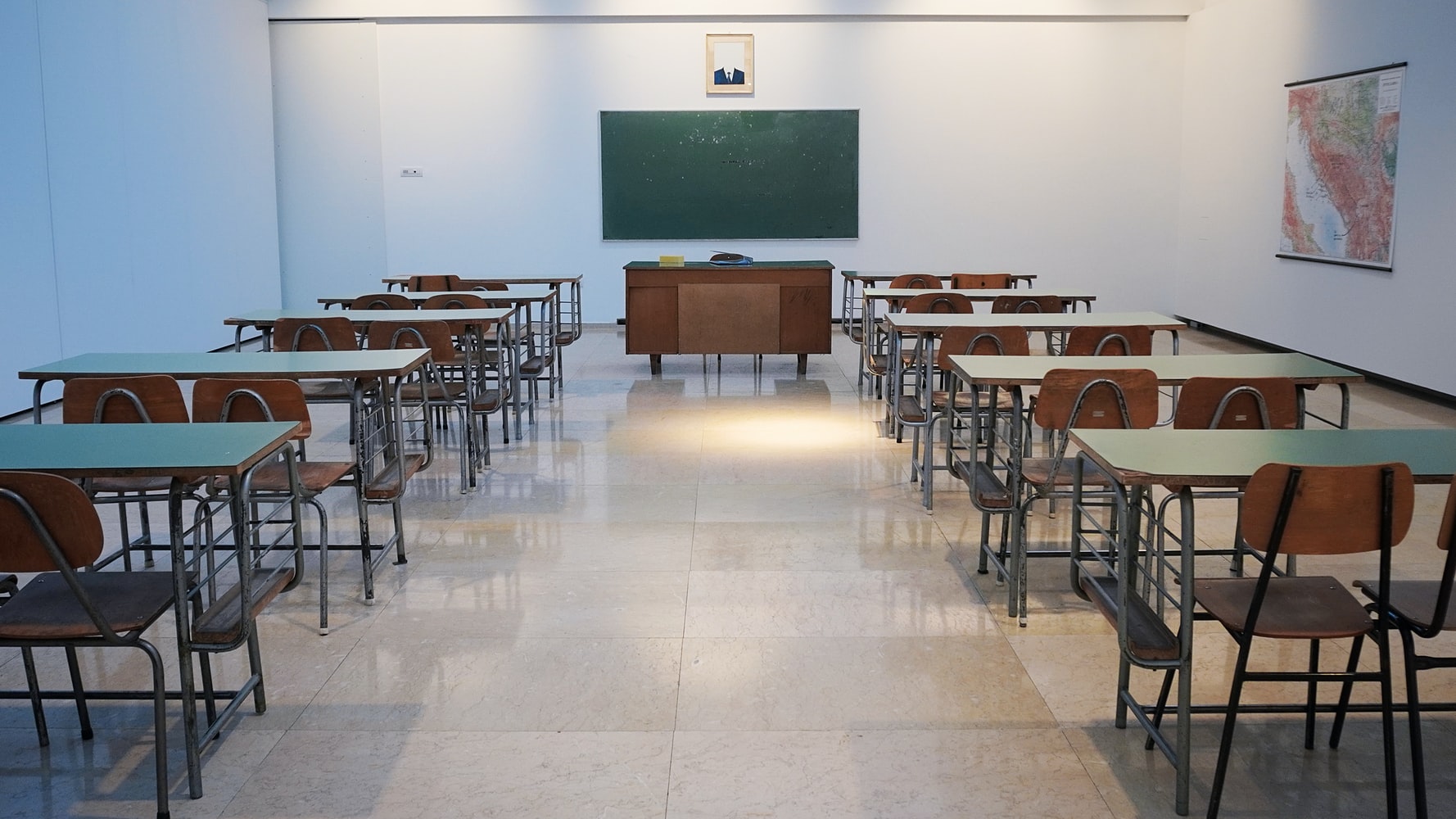Harare – At least 17 primary schoolchildren were injured in Zimbabwe on Thursday after their classroom collapsed into a sinkhole, local authorities said, blaming the incident on uncontrolled underground mining.
The primary school in Kwekwe, a city about 200km (125 miles) southwest of the capital, Harare, is located near two gold mines.
School management had complained about illegal mining activities underneath its grounds in the past.
“One girl has been seriously injured and arrangements have been made for her to be rushed” to hospital, local lawmaker Judith Tobaiwa told AFP.
Photos circulating on social media showed a hole opened under the classroom’s floor, swallowing up desks, chairs and school bags.
In total 17 pupils aged between 10 and 11 were injured, Tobaiwa said.
“They are still blasting and the whole school premises is shaking,” she added, while speaking on the phone from the scene of the accident.
ALSO READ | WATCH | Sanctions a ‘blessing’ in disguise, Belarus leader tells Zimbabwe
Provincial affairs minister Larry Mavima said the authorities had ordered the school closed and were trying to find alternative placements for its pupils.
“As government we are very shocked by this incident and disappointed that the miners didn’t take the requisite measures to secure the area in order to prevent such an accident,” he said.
An investigation would be launched “on why this happened and who may be responsible”, he said.
The landlocked southern African country boasts vast gold reserves.
The precious metal accounted for about a third of all exports in May last year, according to official data.
The sector has attracted hundreds of thousands of small-scale, informal miners, who often operate illegally.
A 2020 report by the International Crisis Group (ICG) estimated that 1.5 million people had turned to artisanal mining because of widespread unemployment, poverty, and economic hardship.
Accidents are relatively common in decommissioned mines, particularly when the ground is loosened by rain.
Follow African Insider on Facebook, Twitter and Instagram
Source: AFP
Picture: Unsplash
For more African news, visit Africaninsider.com


